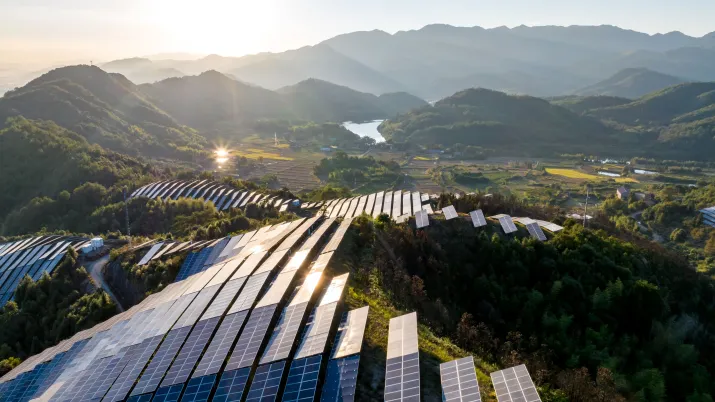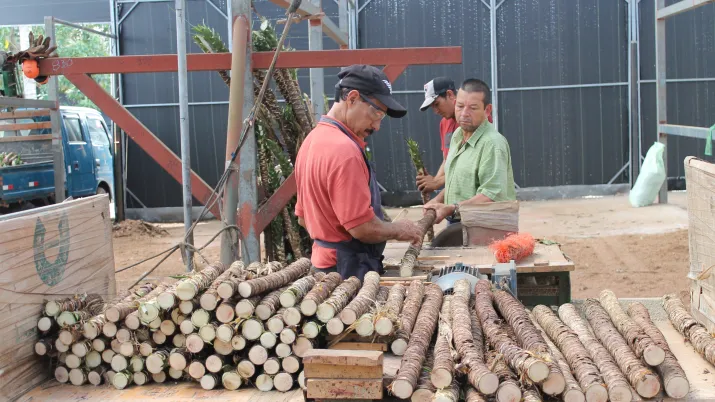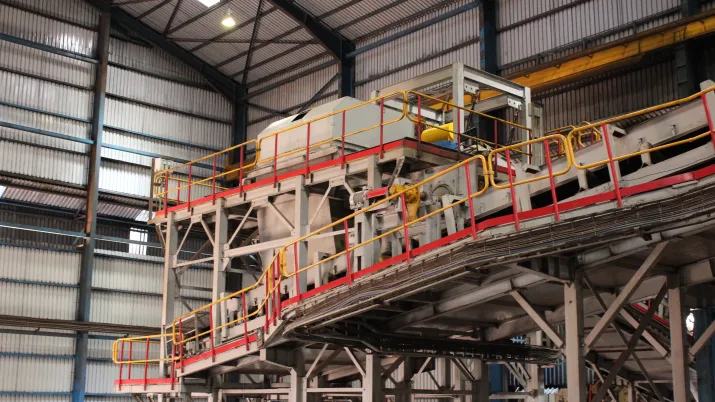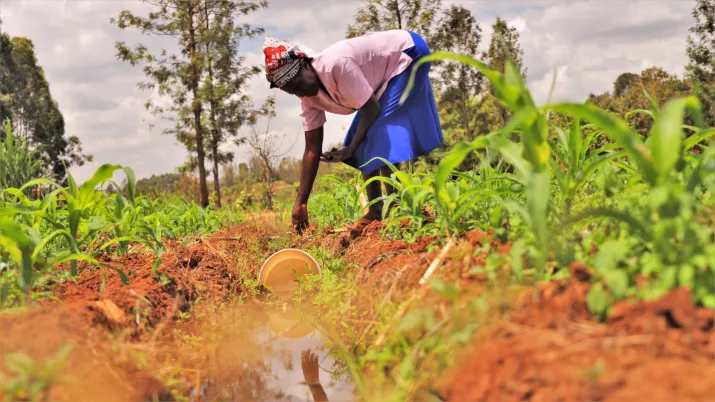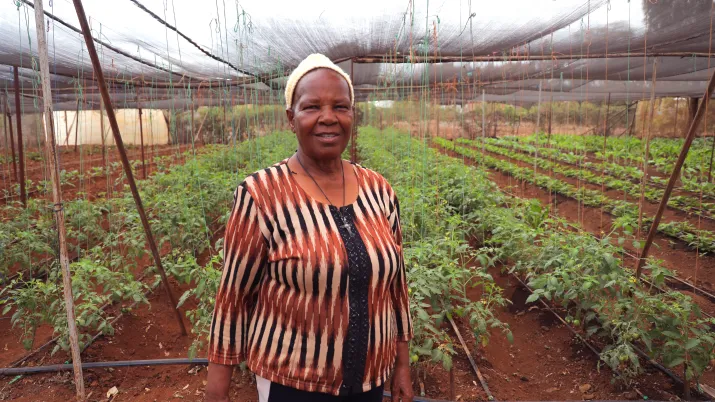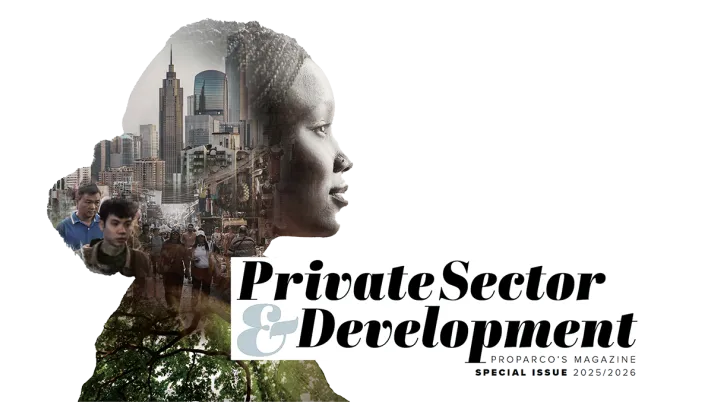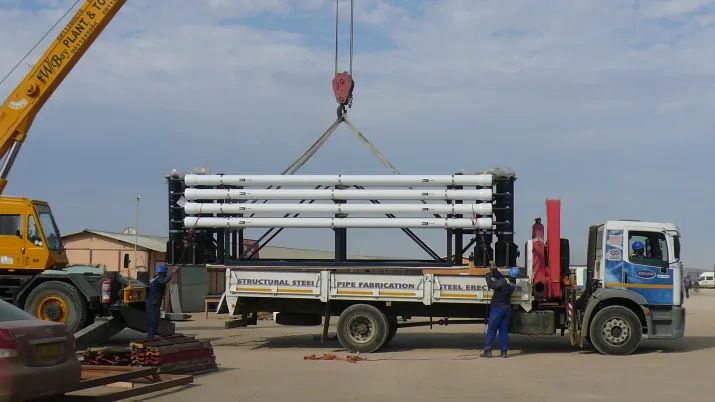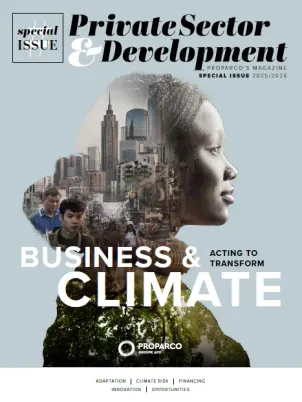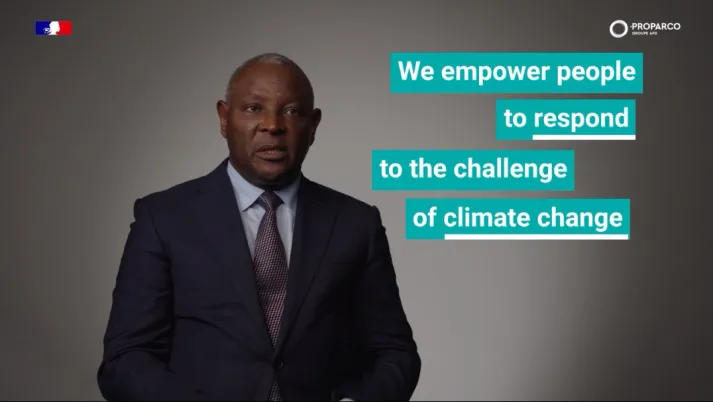Search results
Sustainable finance in action: when financial players transform their business model
To bolster their action in favour of climate change mitigation and adaptation to its adverse effects, financial institutions are reorganising. They are rethinking their processes, products and conditi...
News
Published on
E-mobility: using debt to scale up
Scaling up the electric mobility sector requires the use of debt financing. This is the message conveyed by three representatives of major investors in vehicle decarbonisation in Africa, India and Lat...
News
Published on
For Banco Promerica, green construction is key to a low-carbon future
Banco Promerica Costa Rica is committed to channeling capital toward impactful projects, promoting environmental and social value, while maintaining financial performance. Financing construction proje...
News
Published on
RE&UP, circular technology serving climate mitigation
In Gaziantep, in south-eastern Turkey, SANKO Group is revolutionising the field of textile recycling. Its subsidiary RE&UP – which has partnered with a French company for its production machinery – co...
News
Published on
“Our goal: to create a global network of circular textile recycling hubs”
RE&UP’s General Manager, Andreas Dorner, discusses the technical challenges encountered, the expansion strategy of Sanko Group’s subsidiary, and the key role of the partnership with Proparco.
News
Published on
Financing adaptation: anticipating risks to create value
To be truly effective, the private sector’s contribution must be based on fairness and a long-term approach. This implies a pricing of risk that reflects the real costs of exposure without penalising...
News
Published on
Adapting to climate change: an economic and financial imperative
Faced with the worsening physical impacts of climate change, adaptation is gradually becoming an economic and financial priority. Long perceived as a renunciation of mitigation, it is now becoming ind...
News
Published on
FIRST BANK NIGERIA
PROPARCO’s aim in supporting the credit activity of First Bank Nigeria, an internationally renowned institution, is to strengthen medium and long-term financing, which is hard to come by in the countr...
Project
Where climate risk meets opportunity: how Ecobank is financing Africa’s future
Most banks treat climate as a problem to manage. Ecobank treats it as intelligence to leverage. Across 35 African markets, the banking giant is embedding climate data into every credit decision, sover...
News
Published on
In Sub-Saharan Africa, the ARAF fund is strengthening the climate resilience of smallholder farmers
Financed by several partners and development finance institutions – including Proparco, via AFD Group’s FISEA+ facility –, the ARAF fund targets the issues of food security and climate change. It inve...
News
Published on
How Green Climate Fund is using ARAF funding to tackle climate change
Read the interview with Kavita Sinha, director of the Private Sector Facility at the Green Climate Fund.
News
Published on
How emerging countries innovations can scale climate resilience for all
A new paradigm of global development has emerged – the climate resilience transition – requiring climate resilient solutions. While DFI and DAA are supporting these, they may not fully capture the mar...
News
Published on
In Brazil, Proparco supports Frooty to strengthen sustainable açaí production
Proparco grants a senior loan of 10MUSD to Frooty Comércio e Indústria de Alimentos S.A., a leading player in the Brazilian açaí market, to support its development and promote sustainable agricultural...
News
Published on

“Business & climate, acting to transform”: the new special issue of Private Sector & Development
Proparco has published a new edition of its Private Sector & Development magazine, focusing on the strategic role of the private sector and financial institutions in tackling the climate emergency. In...
News
Published on
ICM complaint #21-001 - Report on the Conclusion of the Dispute Resolution Process
Report on the Conclusion of the Dispute Resolution Process - 16 octobre 2025
Publication
Published on
FirstRand Bank 2016
Proparco has allocated a senior credit line to FirstRand Bank, a longstanding partner, to support SME development in South Africa. The bank specifically wants to target the most disadvantaged entrepre...
Project
Private Sector & Development - Business & Climate: Acting to transform
Proparco has published a new edition of its Private Sector & Development magazine, focusing on the strategic role of the private sector and financial institutions in tackling the climate emergency.
Publication
Published on
Voices for Change - Dr. James Mwangi, Equity Group
In this Voices for Change episode, Dr. James Mwangi, CEO of Equity Bank, shares how finance can become a force for climate resilience and inclusive prosperity across Africa.
Publication
Published on

